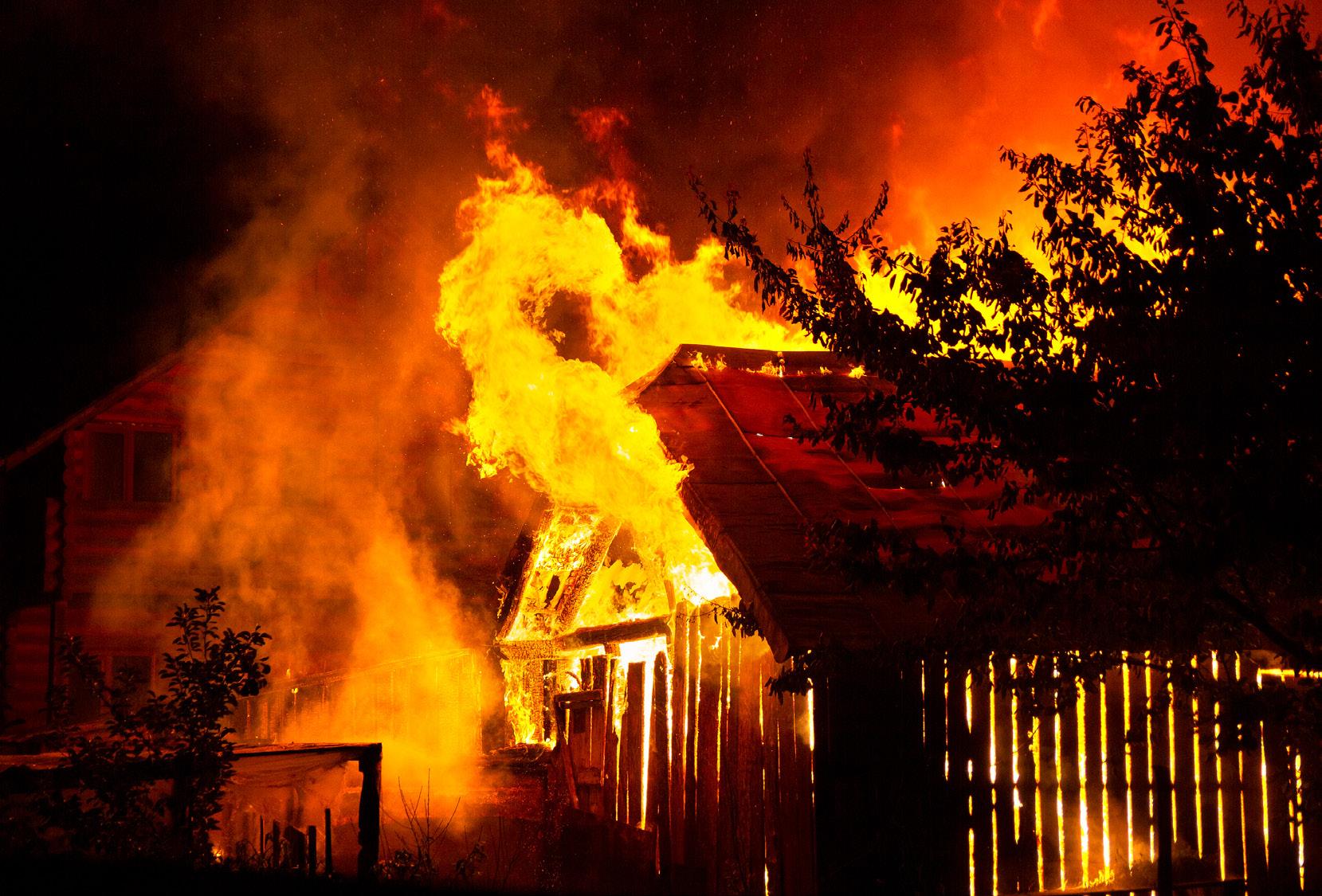Essay #1 Assignment Short Stories
COMP. II • ALLEN LOIBNER-WAITKUS



For your first Composition II essay assignment, you are to write an essay covering one of the four short stories we covered in class—“Hills Like White Elephants” by Ernest Hemingway, “Barn Burning” by William Faulkner, “The Lottery” by Shirley Jackson, or “A Good Man Is Hard to Find” by Flannery O’Connor.
While there is no specific topic you MUST write about, I have listed some suggested topics on the following pages. Feel free to choose one of them, choose your own, or even alter one of the suggested topics in any way. Your essay needs to be a critical analysis, not a book report of a review. You need to create a clear thesis and support it.
For Essay #2, you will be using outside sources, but for this essay, I want everything to come from you. It should be 100% your ideas and contain only one work on your works-cited page: the short story you are writing about.
Here’s a breakdown of other requirements:
• Your essay must MLA Style.
• Your essay must contain at least 750 words.
• Your essay must contain a works-cited page.
• Your essay must be original work and not plagiarized.
• Your essay must contain a clear introduction, at least three body paragraphs (more is fine), and a clear conclusion.
If you have any questions, do not hesitate to text or call me at 501-9127272.
Best, ALW
1
The setting of “Hills Like White Elephants” is very intentional on Hemingway’s part. What is the narrative function of setting this story at a train station in Spain? How would the story be different if it took place in Mexico? Greece? China? How would the story be different if it took place in a bar? A hotel? A kitchen?

2
If you ask anyone who has ever read “Hills Like White Elephants” to describe it, the word symbolism is going to be uttered. What are some of most important symbols used in the story? What do they symbolize? What are Hemingway’s intentions by including them?
5For the most part, “Hill Like White Elephants” is a conversation between two people—a man and a woman. Is Hemingway commenting on gender roles? What role, if any, does gender play in the story? How would the story (and dialogue) be different if the man had wanted the baby, but the woman didn’t want the baby?
6Hemingway is known for his short declarative sentences and minimal use of words. How does Hemingway use this minimalism to develop his story? How would it be different if it were written by another author, like Faulkner or O’Connor.
3
What does “Hills Like White Elephants” seem to say about the role of communication in relationships? You may also choose to take a closer look into what Hemingway is attempting to accomplish through the dialogue between Jig and the American.
4
It has been said that, in literature, every trip is a quest. Are the two characters in this story on a quest? If so, how and what kind? Is Hemingway breaking the rules and intentionally making the story not a quest? Why or why not?

1
When discussing and writing about “Barn Burning,” most people focus on the protagonist and antagonist—Sarty and Abner. Write an essay focusing on the “other” characters in the story. Why does Faulkner include them in the narrative? What is their importance to the story?
2Almost every story written since the Civil War has had one critic or another claim the theme is the Old South versus the New South. This is a theme that Faulkner definitely explores. What is Faulkner saying about the Old South and the New South? Of what importance is the Civil War to “Barn Burning”?
3Blood plays a major role in “Barn Barning.” It is a symbol, a motif, and a bunch of other things, including part of the theme. Trace Faulkner’s use of blood throughout the story. What is he trying to accomplish with it?
4
Vegence and justice are huge themes in “Barn Barning.” What is Faulkner saying about these things? Explore the significance of a child being the first one to actually bring them on Abner.
5The is no doubt that “Barn Barning” is a Bildungsroman. Trace Sarty’s journey from a boy to a man in the story.
1
Why does Jackson choose common people for her characters in “The Lottery”? Could she use characters from other levels of sophistication with the same effect? What is the irony of the tone of this story and what role do the characters play in that?
2
Some critics insist that “The Lottery” has an added symbolic meaning. Do you agree? If so, what is Shirley Jackson trying to tell us about ourselves? (Hint: Consider that this story was written during the height of the rise of Communism and the Soviet Union.)
3
Gayle Whittier wrote, “‘The Lottery’ discloses a powerful misogynist parable, satisfying the commonest and most widespread cultural scapegoating even as the ‘political’ aspect of the story seem to dispel another.” Do you agree? How is “The Lottery” a misogynist parable?
4
In English classes, we don’t usually call a story “a horror story.” Instead, we call it “Gothic,” but the mean the same thing. “The Lottery” is considered a Gothic story. Why? It doesn’t fit the mold of most stories we consider to be horror stories, so how can this label be accurate?
5
In “The Lottery,” Shirley Jackson is certainly exploring traditions, specifically in the United States. What is she saying about tradition? How could the story be different if it were set in a different time and place?

6
The point of lotteries is that they are completely random, but in Shirley Jackson’s “The Lottery,” she had to choose someone at the end to be the winner— or the loser in this case. Why did she choose Mrs. Hutchinson? Why not one of her children or her husband? Why not Old Man Warner? Do you think her choice was random or intentional? Why?

1First, look up grace in a dictionary so you know the exact definition. Do you think the grandmother’s moment of grace in “A Good Man Is Hard to Find” is an authentic moment of grace? Why or why not? How does the story change if it isn’t? If the grandmother’s moment of grace isn’t actually a true moment of grace, what is it? You may also want to include how the Misfit reacts and why.
2After a close reading of “A Good Man Is Hard to Find,” ask yourself what kind of person the grandmother truly is. Is she a manipulative genius? A superficial and selfish woman? A rather average grandmother with her share of human faults? A positively lovely lady? Be sure to quote heavily from the text to support your view.
3Is O’Connor making a statement about her feelings concerning religion in “A Good Man Is Hard to Find”? If so, what statement do you think she is attempting to make? If not, why do so many people think O’Connor is addressing religion in the story?
4As far as I’m concerned, Flannery O’Connor is exploring three major themes in “A Good Man Is Hard to Find”: prejudice versus tolerance; God and religion; and violence and cruelty. Choose one of this three themes and write about how O’Connor develops them as themes and what you think her opinion on them is. What role might O’Connor’s impending death played in her choice of the themes and her take on them?
